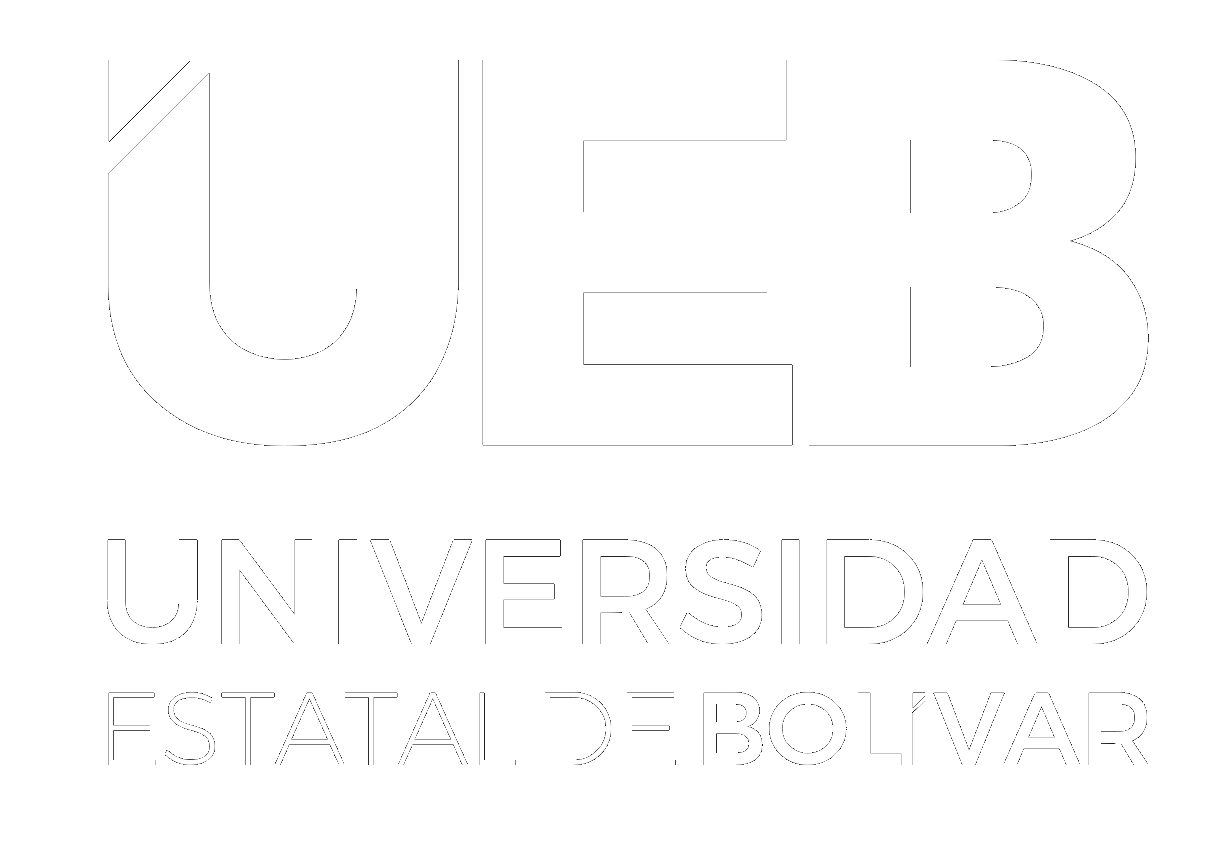Por favor, use este identificador para citar o enlazar este ítem:
https://dspace.ueb.edu.ec/handle/123456789/6876| Título : | Evasión fiscal y recaudación tributaria. |
| Otros títulos : | Tax evasion and tax collection. |
| Autor : | Villavicencio Gonzaga, Kateherine Adriana |
| Palabras clave : | POLÍTICAS TRIBUTARIAS RECAUDACIÓN EVASIÓN DESAFÍOS |
| Fecha de publicación : | 27-mar-2024 |
| Editorial : | Universidad Estatal de Bolívar. Dirección de Posgrado y Educación Continua, Maestría en Contabilidad y Auditoría con Mención en Gestión |
| Citación : | MCA-GT;4 |
| Resumen : | El objetivo de este estudio se centró en realzar un análisis de la evasión fiscal y recaudación tributaria. La metodología empleada para el logro de tal cometido concurrió bajo el enfoque de una revisión de la literatura sobre esta temática. Contempló el método análisis y el método síntesis. La unidad de análisis quedó conformada por la totalidad de documentos consultados como los artículos, tesis, libros digitales, entre otros, compuesta por 06 fuentes bibliográficas pues específicamente, se consideran los más idóneos para la obtención de los datos de interés. La técnica de recolección fue la observación documental y los instrumentos fueron el registro de datos y los archivos electrónicos. Para el análisis de datos se tomó en consideración la técnica del análisis de contenido, a través de la matriz de análisis. Los resultados dan cuenta de un incremento en el año 2022 en los principales impuestos que percibe el país, así, el impuesto al valor agregado (IVA) aumentó en 20,9%; el Impuesto a la Renta (IR) en 23,2%; el Impuesto a los consumos especiales (ICE) en 3,2% y; el Impuesto a la salida de divisas (ISD) obtuvo un 5,1%. Por otra parte, la evasión está en el orden del en el 5,5% del PIB. Se concluye que: la formulación de políticas tributarias del Estado ecuatoriano debe robustecerse a fin de seguir mejorando el importe por concepto de pago de tributos y a la vez superar el principal desafío de minimizar la evasión de impuestos. |
| Descripción : | The objective of this study was focused on enhancing an analysis of tax evasion and tax collection. The methodology used to achieve this task was based on the approach of a review of the literature on this subject. It contemplated the analysis method and the synthesis method. The unit of analysis was made up of all the documents consulted such as articles, theses, digital books, among others, made up of 06 bibliographic sources because specifically, they are considered the most suitable for obtaining the data of interest. The collection technique was documentary observation and the instruments were data recording and electronic files. For data analysis, the content analysis technique was taken into consideration, through the analysis matrix. The results show an increase in the year 2022 in the main taxes received by the country, thus, the value added tax (VAT) increased by 20.9%; Income Tax (IR) at 23.2%; the Special Consumption Tax (ICE) at 3.2% and; the Foreign Currency Outflow Tax (ISD) obtained 5.1%. On the other hand, evasion is in the order of 5.5% of GDP. It is concluded that: the formulation of tax policies of the Ecuadorian State must be strengthened in order to continue improving the amount for payment of taxes and at the same time overcome the main challenge of minimizing tax evasion. |
| URI : | https://dspace.ueb.edu.ec/handle/123456789/6876 |
| Aparece en las colecciones: | Maestría en Contabilidad y Auditoría con mención en Gestión Tributaria |
Ficheros en este ítem:
| Fichero | Descripción | Tamaño | Formato | |
|---|---|---|---|---|
| Revista - K Villavicencio-1-17.pdf | 344,76 kB | Adobe PDF | Visualizar/Abrir |
Los ítems de DSpace están protegidos por copyright, con todos los derechos reservados, a menos que se indique lo contrario.

